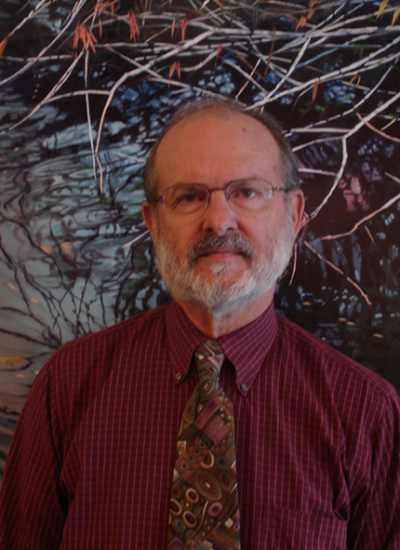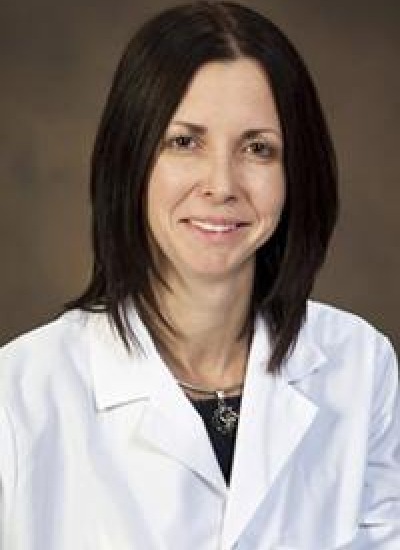Medicine
Julie Ledford
Work Summary
Julie Ledford's research focuses on respiratory disease, and genetic and molecular mechanisms of allergic airway diseases in children.
Research Interest
Joe GN Garcia
Work Summary
The Garcia laboratory works to understand the molecular mechanisms of lung inflammatory processes, particularly those producing lung edema or vascular leak. The laboratory focus is to investigate gene discovery, protein function assessment, SNP discovery, genetic manipulation, in vivo testing, and candidate gene and biomarker identification, working to translate basic research into potential novel clinical therapies.
Research Interest
John N Galgiani
Work Summary
Valley Fever (coccidioidomycosis) occurs more in Arizona than anywhere else. My research and others at the Valley Fever Center for Excellence involve understanding how disease is caused by infection, how the immune system stops or prevents illness, and how we can better diagnose, treat, or prevent this public health problem.
Research Interest
Janet L Funk
Work Summary
Janet Funk's work includes a focus on metastatic breast cancer that spans the research spectrum from bench to bedside, translational arthritis studies of the pharmacokinetics and safety of turmeric, and collaborative endocrinological studies evaluating the effects of obesity and insulin resistance on bone development in Hispanic girls, as well as effects of obesity on breast cancer risk in older women.
Research Interest
Clara N Curiel
Research Interest
Elizabeth Connick
Work Summary
Dr. Connick is a physician scientist who has dedicated her career to the improvement of health of individuals living with or at risk for HIV-1 infection. Her research ranges from laboratory based investigations of HIV-1 immunopathogenesis to clinical and epidemiological studies of novel immunotherapies and other interventions to improve health outcomes in people living with HIV-1.
Research Interest
Pagination
- Previous page
- Page 2








